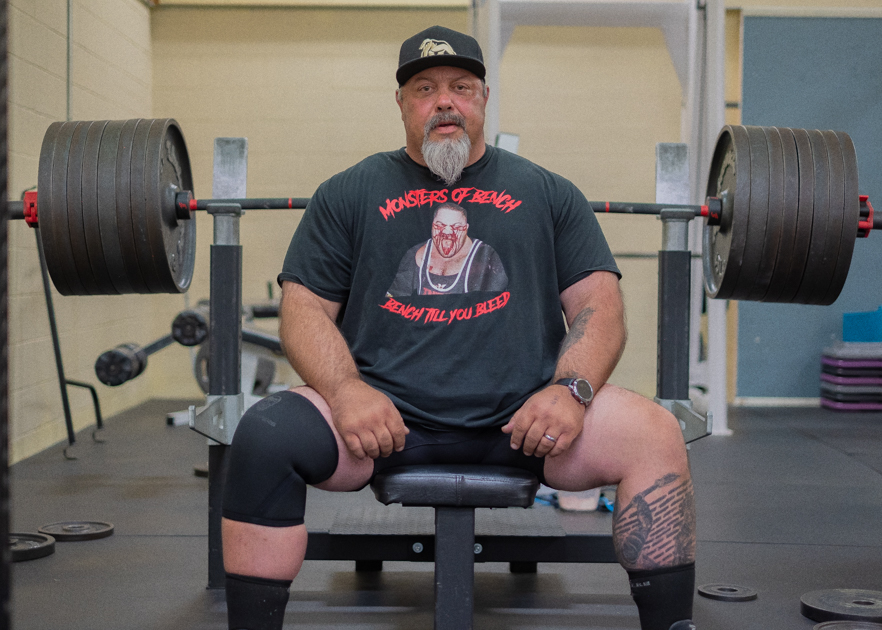PHS wrestlers using cautious approach concerning bacteria
Published 7:14 am Thursday, November 11, 2004
PENDLETON – A rare form of staph bacteria, known as MRSA, is keeping the Pendleton wrestling team on guard this season.
Methicillin-resistant Staphylococcus aureas – or MRSA (“mersa”) – is transmitted through skin-to-skin contact, and is resistant to antibiotics normally used to treat staph infections. In January, it hit Pendleton assistant wrestling coach Chris Bettineski with an infection so severe, he nearly lost his leg, and just last month, the bacteria struck two football players at Oregon State University.
MRSA infections are typically small, resembling a spider bite or a pimple. But if left undiagnosed, it can cause severe, painful swelling – as was the case with Bettineski – and, in rare cases, even death.
Bettineski underwent three surgeries in January to stave off the infection and avoid amputation. He managed a full recovery and is back with the team for the upcoming season.
Pendleton High School wrestling coach Fred Phillips said the team will take every possible caution to prevent MRSA from cropping up again.
“We’re doing everything that can be done – the (Oregon Health Department) isn’t sure where it’s coming from,” Phillips said. “What we’re doing is making sure the (wrestling) room is washed daily, the kids are washed daily, and the equipment is washed daily.
“According to the Health Department, that’s all that we can do.”
Phillips said the team washes the wrestling mats down with antibacterial chemicals after each practice, requires its wrestlers to shower daily and wear clean practice clothes and washes its headgear and wrestling equipment.
“From what we’ve learned from the research we’ve done, the stuff is supposed to die once it hits the air,” Phillips said. “It lives on your skin, but when it gets on foreign objects – a mat, headgear, something else – it’s supposed to die.”
The problem with preventing MRSA is that it’s impossible to identify prior to infection. It’s known to be transmitted through direct, skin-to-skin contact and infections often go undiagnosed.
Phillips also noted that a parent of a Pendleton wrestler developed the infection last summer – at least four months after the end of wrestling season. Phillips said that the parent attended some wrestling practices, but couldn’t explain how the infection developed so long after the season.
As with Bettineski, the parent’s infection was not immediately diagnosed.
Now that coaches know of the bacteria, Phillips said they will not hesitate to pursue treatment for any wrestler “who shows signs of an infection.”





